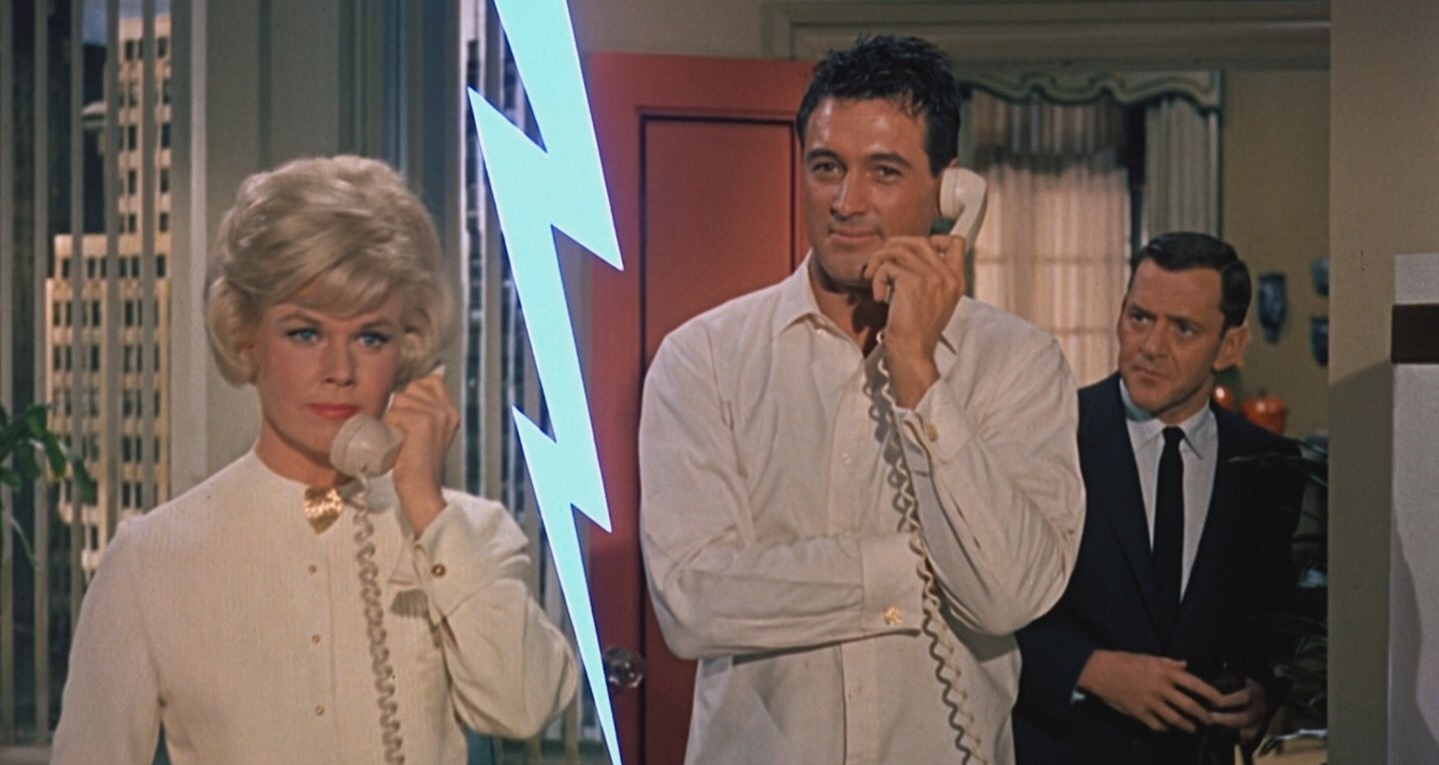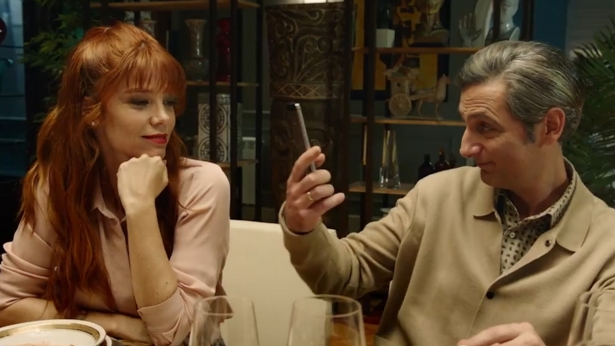When it was installed for the first time in some homes at the end of the XIX century, it was not so clear how this new and revolutionary invention named telephone should be used. Marcel Proust used it to listen opera without moving from home: this service was called théâtrophone and caused a frenzy among the upper classes of that time. Those surprised by this fake use of the phone might do well to think a bit about the feature of modern phones which is most used by new generations: it is not talking (as it is very expensive) nor writing (as it is very tiring), but shooting pictures or videos. Fashion theorists say that technology is nothing but an extension by other means of our own physical capacities. It would be advisable to add that technology also increases our psychic disorders and widens its social outreach. And doubtlessly, among all these psychotropic disorders, love stands out. Particularly at its early and most confusing stage, infatuation.

Fashion theorists say that technology is nothing but an extension by other means of our own physical capacities.
The story of Pillow Talk starts with a technological tangle, a man and a woman share the same phone line by a mistake of the company. This is the starting point of a classic plot comedy in which the audience has always more information than the leading characters themselves, specially that information handled by the feminine character, a model of diegetic and emotional naivety. On his behalf, one of the masculine leading characters of The Decline of the American Empire recalls the distress he felt at the possibility that the phone rang and one of his many mistresses broke his — supposed— wedded bliss into pieces. But, in both cases, the phone already was a fixed, unmoving device, tied to home. Far from it, one could be out of danger. Who among the seniors does not remember with nostalgia those times when one could be missing and not answering the phone or letting the answering machine turn on was not an unforgivable affront even if we were at home? If such thing we call freedom exists, it is doubtlessly analogue.

Who among the seniors does not remember with nostalgia those times when one could be missing and not answering the phone or letting the answering machine turn on was not an unforgivable affront even if we were at home?
Now things have changed, and a lot. In Perfectos desconocidos (Perfect Strangers) the phone is no longer a device affixed in a place, but a device for the technological anchoring of the individual. The film plot, which is a remake of a former Italian film, poses a disturbing question: Is it advisable, in an emotional relationship, knowing everything about your partner? This is not a trivial question, since the number of couples broken by means of some social app is such significant that has reached statistical recognition. If the Enlightenment programme —as rational as it is— was based on the assumption that knowledge ensured happiness, perhaps in the field of emotions, ignorance is more suitable to protect our emotional health. This one of blissful ignorance, is a classic trope which at least dates back to the Ecclesiastes — «Because in the great wisdom there is deep sorrow and who adds science also adds grief», said “la Bíblia de l’Ós” (The Bear’s Bible) (1569)— and which even Kant or, closer to home, the character of Azorin in "La Voluntad" (The Will), take on.

Is it advisable, in an emotional relationship, knowing everything about your partner?
The degree of speculation in Her the film by Spike Jonze is even greater and bolder, as it hints at the fact that maybe, someday, the phone will be useful, not just to be in contact with other people, but also to maintain relationships with virtual beings. With the telephone itself. Perhaps in this way we could avoid that the unsteady and messy nature of desire could harm our emotional stability, given the difficulties to physically consummate such a relationship. But again the cold logic and the extreme rationality applied to love can create different —new— emotional dysfunctions, as the director of this concernist dystopia accurately suggests.




